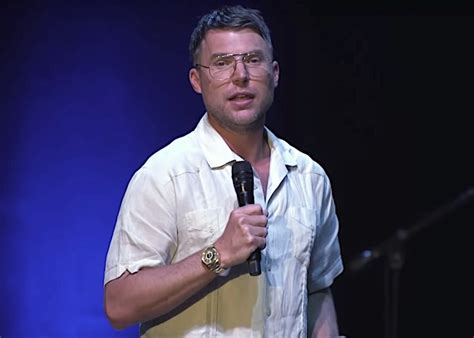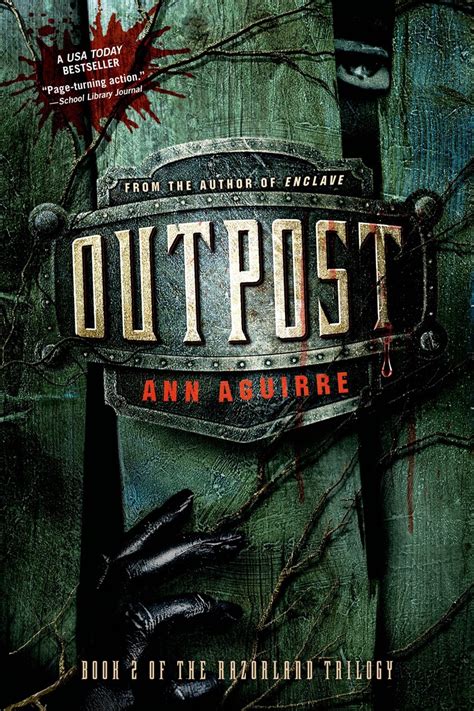A Quote by Timothy Keller
When Jesus looked down from the cross, he didn't think “I am giving myself to you because you are so attractive to me.” No, he was in agony, and he looked down at us - denying him, abandoning him, and betraying him - and in the greatest act of love in history, he STAYED. He said, “Father, forgive them, they don't know what they are doing.” He loved us, not because we were lovely to him, but to make us lovely.
Related Quotes
This may sound like heresy, but it is the greatest truth! It is more difficult to let God love us, than to love Him! The best way to love Him in return is to open our hearts and let Him love us. Let Him draw close to us and feel Him close to us. This is really very difficult: letting ourselves be loved by Him. And that is perhaps what we need to ask today in the Mass: 'Lord, I want to love You, but teach me the difficult science, the difficult habit of letting myself be loved by You, to feel You close and feel Your tenderness ! May the Lord give us this grace.
We get crazy when we can't make things be like the world tells us they are". She looked back out the window. "It was that way for me and your brother, I think. I mean, how could I have loved him that last year? I didn't even know who he was. He was way more attracted to drugs and bikers and that whole lifestyle than he was to me. But somebody told me that if you really loved somebody,you stayed with him no matter what. You had to fight for him." She laughe. "Hell, I was convinced.
My father had put these things on the table. I looked at him standing by the sink. He was washing his hands, splashing water on his face. My mamma left us. My brother, too. And now my feckless, reckless uncle had as well. My pa stayed, though. My pa always stayed. I looked at him. And saw the sweat stains on his shirt. And his big, scarred hands. And his dirty, weary face. I remembered how, lying in my bed a few nights before, I had looked forward to showing him my uncle's money. To telling him I was leaving. And I was so ashamed.
You can live without me." "I don't want to." I feared a love like this - that made us incomplete without each other. It was beautiful but treacherous, like snow that looked white and pure and lovely from the safety of your window, but when you stepped out to touch the softness, the cold first stole your breath, and then your will to move, until you could just lay down in it and let the numbness take you. yet I didn't want to be without him either, so I didn't chide him for the statement.
Beware of giving over to mere dreaming when once God has spoken. Leave him to be the source of all your dreams and joys and delights, and go out and obey what He has said. If you are in love, you do not sit down and dream about the one you love all the time, you go and do something for him; and that is what Jesus Christ expects us to do. Dreaming after God has spoken is an indication that we do not trust Him.
Glad and merry and sweet is the blessed and lovely demeanour of our Lord towards our souls, for he saw us always living in love-longing, and he wants our souls to be gladly disposed toward him . . . by his grace he lifts up and will draw our outer disposition to our inward, and will make us all at unity with him, and each of us with others in the true, lasting joy which is Jesus.
We are children, perhaps, at the very moment when we know that it is as children that God loves us - not because we have deserved his love and not in spite of our undeserving; not because we try and not because we recognize the futility of our trying; but simply because he has chosen to love us. We are children because he is our father; and all of our efforts, fruitful and fruitless, to do good, to speak truth, to understand, are the efforts of children who, for all their precocity, are children still in that before we loved him, he loved us, as children, through Jesus Christ our lord.
'Every good endowment and every perfect gift is from above, coming down from the Father of lights' (Jms. 1:17). But there is something more. Inspired by the Father, each procession of the Light spreads itself generously toward us, and, in its power to unify, it stirs us by lifting us up. It returns us back to the oneness and deifying simplicity of the Father who gathers us in. For, as the sacred Word says, 'from Him and to Him are all things' (Rom. 11:36).
Even as the angry vengeful thoughts boiled through me, I saw the sin of them. Jesus Christ had died for this man; was I going to ask for more? Lord Jesus, I prayed, forgive me and help me to forgive him....Jesus, I cannot forgive him. Give me your forgiveness....And so I discovered that it is not on our forgiveness any more than on our goodness that the world's healing hinges, but on His. When He tells us to love our enemies, He gives along with the command, the love itself.
I remember that one time Carl Sagan was giving a talk, and he spelled out, in a kind of withering succession, these great theories of demotion that science has dealt us, all of the ways in which science is telling us we are not who we would like to believe we are. At the end of it, a young man came up to him and he said: "What do you give us in return? Now that you've taken everything from us? What meaning is left, if everything that I've been taught since I was a child turns out to be untrue?" Carl looked at him and said, Do something meaningful.


































